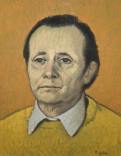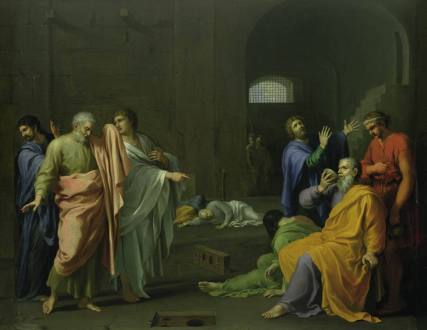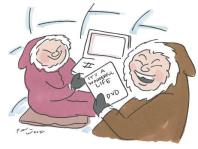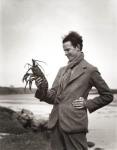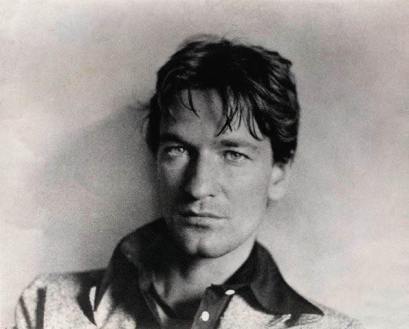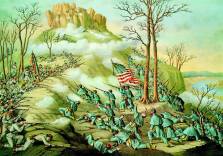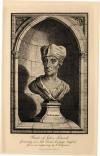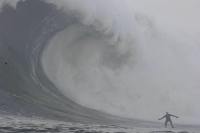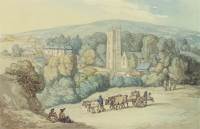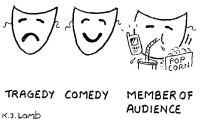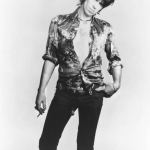Fear of the unseen
There was a time when detailed case histories, including direct quotations from patients’ accounts of their own experiences, formed a significant part of the medical literature. There was a time when detailed case histories, including direct quotations from patients’ accounts of their own experiences, formed a significant part of the medical literature. French doctors of the 19th century were particularly adept at writing such case histories; the lucidity of their prose, as of their thought, was exemplary. Indeed, French medical prose of the 19th century was often as good as that of Flaubert. But the extended case history has gone out of medical fashion, as being too anecdotal and therefore


